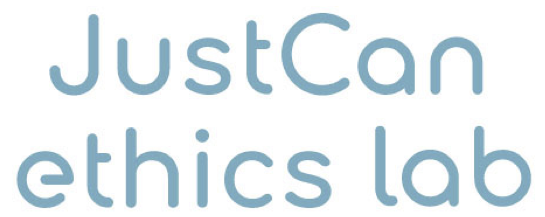
Cancer clinical trials.
Ethics and cancer clinical trial decision-making from the perspective of patients, caregivers, and trial personnel.
Current and past projects.
CURRENT
Patient Autonomy and Decision Making in Early Phase Cancer Trial Recruitment.
Bioethicists argue that phase I trials are more ethically contentious than phase II and III trials because research subjects are more likely to experience adverse effects or unexpected toxicity while receiving minimal or no benefit. These trials frequently involve patients whose disease is advanced or refractory to standard treatment, and may be more likely to interpret phase I studies as their last opportunity to receive treatment. Patients’ desperation in this situation can undermine their capacity to provide meaningful informed consent.
However, advancements in cancer biology and precision medicine, followed by the success of several transformative therapies, have altered the cancer CT landscape. Phase I cancer studies have the potential to be highly targeted and are now incorporating elements of later-phase CTs and adaptive design, depending on a drug’s early evidence of efficacy and acceptable toxicity. These “breakthrough therapy” trials blur the policy and regulatory distinctions between trial phases, challenge previous understandings of risk/benefit of phase 1 trials, and require special attention to informed consent procedures in order to ensure participants’ understanding of evolving safety and efficacy data.
Given the more recent advances within phase I trial designs and outcomes, the purpose of this qualitative study is to explore patients’ phase I CT decision making through a relational autonomy lens and develop a tool to assist patients in making an informed decision about CT participation that reflects their beliefs and values.
2011 - 2014
Improving Patient Autonomy in Cancer Clinical Trials (IMPACCT).
This research involved a grounded theory study of patients’ decision-making processes to explain how they made decisions about cancer CT participation. The overall aim of the study was to develop a theoretical model that illustrates patients’ decision-making process. This model provides a foundation for the development of decision support strategies that will enhance patients’ relational autonomy and inform how they are approached, recruited, and enrolled in cancer CTs.
Participants engaged in a three stage pathway that we called Assessing a Cancer Clinical Trial (ACT) to reach a decision. Stages included: 1) predisposing attitudes and influences; 2) the trial offer; and 3) decision making process.
Participants’ CT decision-making processes were characterized by relational complexity. In addition to significant relationships with partners and family members, extended family and friends, the broader social and structural environment influenced participants’ autonomy and CT decision making throughout all stages of the model.
2017 - 2018
Evaluation of Attitudes and Perceptions of Adolescent and Young Adults’ Willingness to Participate in Cancer Clinical Trials (E-PACT).
Those involved in the management of Adolescent and Young Adult (AYA) patients with cancer are increasingly aware of the need to improve accrual to clinical trials as enrolment is significantly lower than that for children or older adults. Numerous factors may account for the low participation rates including rarer tumor types of AYAs, poor physician referral patterns, regulatory issues, legal barriers and issues of consent. Enrolment decisions for AYA’s trial participation occurs in the context of cognitive and developmental transition with individual variation regarding autonomous decision making.
Consequently, it is possibly that additional patient-related barriers may preclude trial participation. However, little is known with regards to the psychosocial factors at play with regards to AYA decision processes to enroll onto clinical trials. Given the evolving recognition that AYA patients are a unique subset of the cancer population, and there is a need to improve clinical trial enrolment in the hopes of improving clinical outcomes, greater understanding of their attitudes and perceptions about willingness to participate in clinical trials is required. The primary objective of this research was to understand the attitudes and perceptions of AYAs’ willingness to be involved in cancer clinical trials.
2011 - 2014
Gatekeeping in Cancer Clinical Trials.
Perspectives of clinical trial (CT) personnel on accrual to oncology CTs are relatively absent from the literature. This study explored CT personnel’s experience recruiting patients to oncology CTs.
CT personnel reported considering two ethical commitments in CT recruitment: maintaining trial integrity and ensuring patient autonomy through obtaining informed consent. The process of gatekeeping emerged as a way to navigate these ethical commitments during CT accrual. Gatekeeping was influenced by: 1) Perceptions of patients’ personal suitability for a trial, and 2) Healthcare resources and infrastructure.
CT personnel’s discernment of personal suitability was influenced by patients’ cognitive and mental health status, language and cultural background, geographic location, family support, and disease status. Three structural factors impacted gatekeeping: complexity of CTs, consent process, and time limitations in the healthcare system. CT personnel experienced most factors as constraints to accrual and gaining patients’ informed consent.

